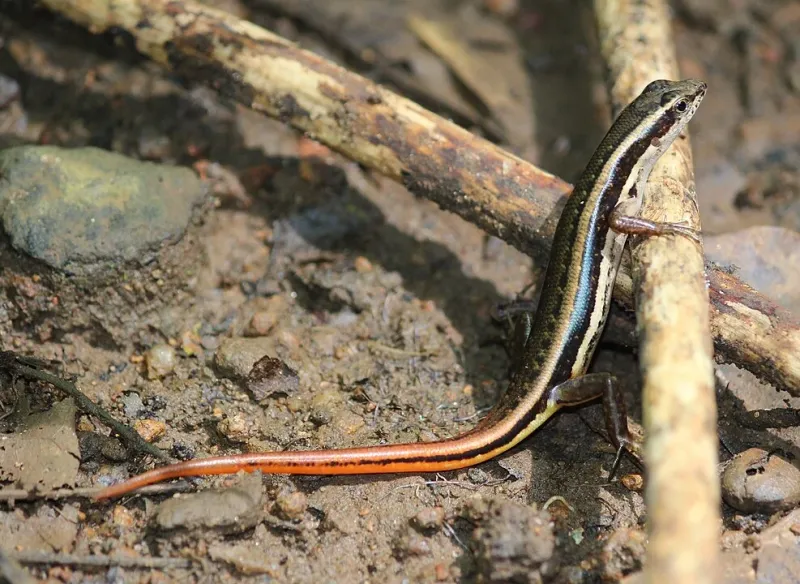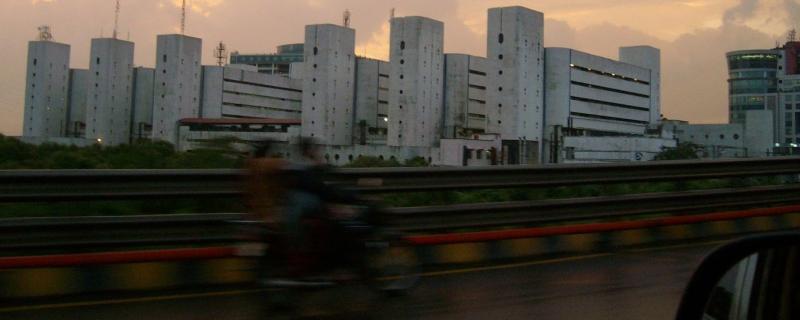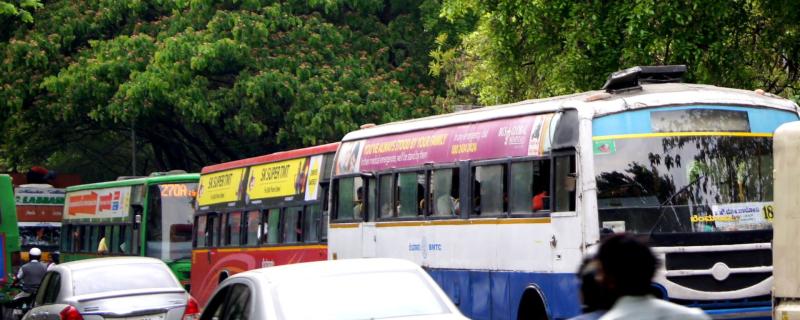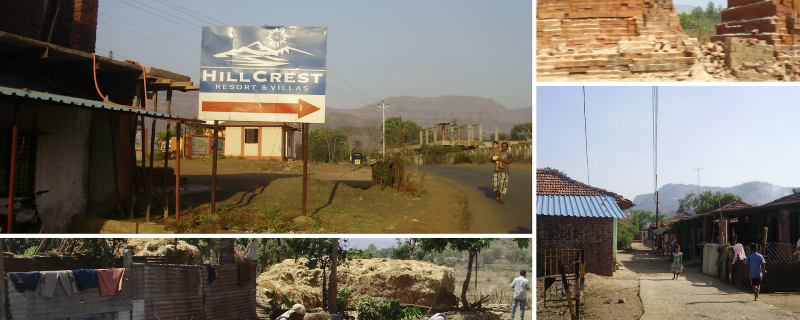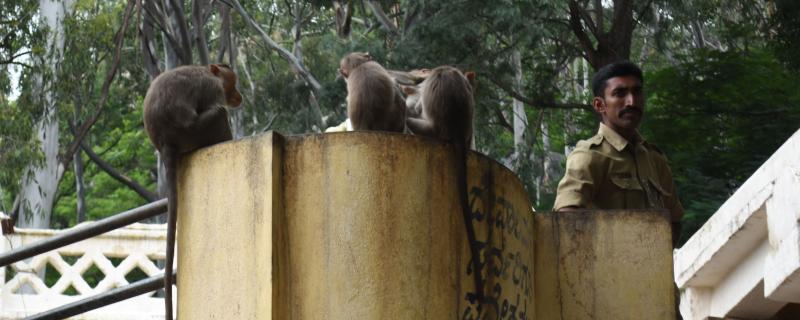200 scientists and 73 research institutions from 20 countries have sequenced the entire genome of the bread wheat (Triticum aestivum), it took them 13 years to accomplish.
Society
Study from IIT Bombay explores whether the problem of affordable housing in urban India is resolved through Satellite town near metropolises.
Data obtained from passengers in public transport vehicles helps improve the accuracy of measuring geolocation.
Henrietta Lacks was just 31 years old when she passed away in October of 1951, succumbing to a short battle with cervical cancer. A poor, African-American tobacco farmer, her life and death was a quiet affair, perhaps most felt by her five young children and the widower she left behind.
Urban-rural transition zones are a breeding ground for unexpected changes in resources and livelihood, shows study from IIT Bombay
Study from the Indian Institute of Technology, Bombay, explores how consumer choice affects rating labels of electrical appllicances like air conditioners. They find that Indian consumers are willing to pay more for air conditioners iwth higher energy efficiency.
Angiosperms, or flowering plants as they are commonly known, dominate the plant kingdom with over a whopping 3.5 lakh species. Unlike the bisexual plants that are predominant, where both the reproductive structures are present in the same flower of the plant, some have the male and female flowers in different plants. Such plants are called dioecious plants, and there are over 15,600 species of them across the world. Many of these plants have been used traditionally as food, medicine and timber for over thousands of years.
An international team of scientists study how temperature over India has changed over the span of 7 decades and point of the role of geography in changing temperatures.
Study from Nalanda University, Bihar, explores whether the drinking water from bottles is following the standards set by Bureau of Indian Standards and is safe for consumption.
Research from the National Institute of Advanced Studies and University of Cambridge helps us understand better of Macaques live in urban habitats.
